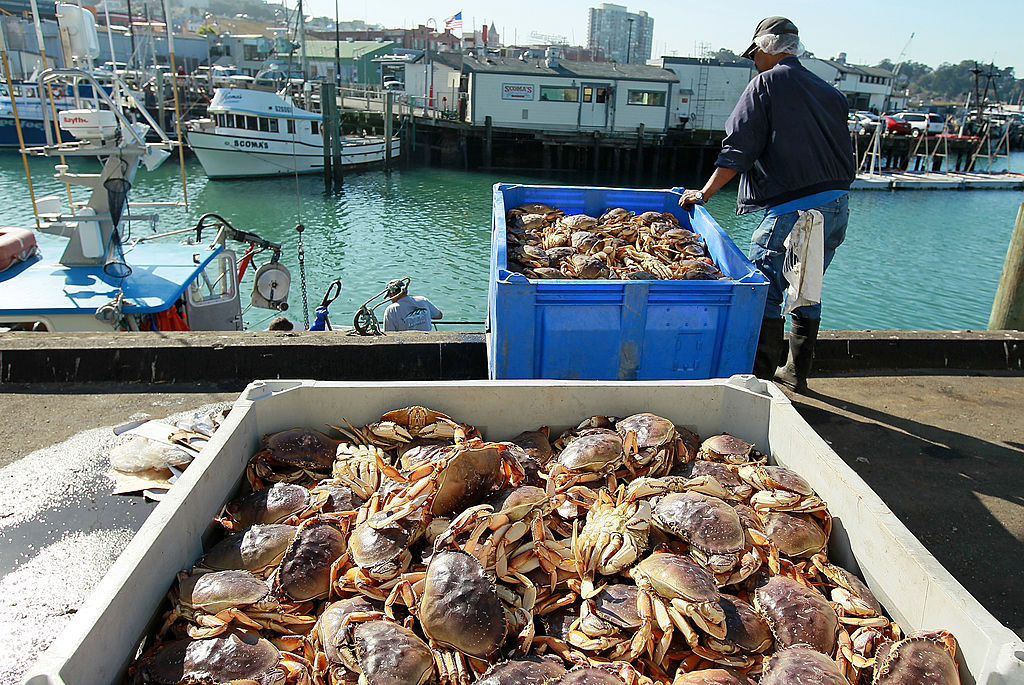The Pacific Ocean is now so acidic that it’s dissolving crab shells.

Lower pH levels in the ocean waters are causing parts of Dungeness crab shells to dissolve, which damages their sensory organs, according to a study published this month in the journal Science of the Total Environment and funded by the National Oceanic and Atmospheric Administration (NOAA).
The corrosive effects of the acidity were found in crab larvae, and it’s unclear as yet how it affects adult crabs. The animals’ tiny hair-like structures, which they use to navigate their environments, have been damaged by the low pH levels, too.
The analysis of the young crab samples confirmed damage to the upper shell, called a carapace.

Get daily National news
This is something scientists have never seen before, CNN reports.
“We found dissolution impacts to the crab larvae that were not expected to occur until much later in this century,” said Richard Feely, study co-author and NOAA senior scientist.
According to the study, the crabs’ injuries could impair them from fending off predators. Their shells also regulate their buoyancy in water.

“If the crabs are affected already, we really need to make sure we pay much more attention to various components of the food chain before it is too late,” study lead author Nina Bednarsek, a senior scientist with the Southern California Coastal Water Research Project, told CNN.
But it’s not just crabs that are at risk, the study suggests. Oysters, clams and plankton that also rely on the same carbonate ions — less abundant in acidic water — to build structures such as shells are in harm’s way, too.
The Dungeness crab is one of the most important commodities caught and sold in Pacific Northwest commercial fisheries. According to the Washington Department of Fish and Wildlife, the commercial Dungeness crab fishery has a value of around US$19.9 million.
The study says the ocean is acidifying because more carbon dioxide is being absorbed from the atmosphere. This lowers pH levels in the water.
The NOAA says in order to deal with this problem, we should reduce our carbon footprint to lessen the amount of carbon dioxide being absorbed by the ocean, or find ways for wildlife and humans who rely on it to adapt to the changing sea.
—








Comments
Want to discuss? Please read our Commenting Policy first.